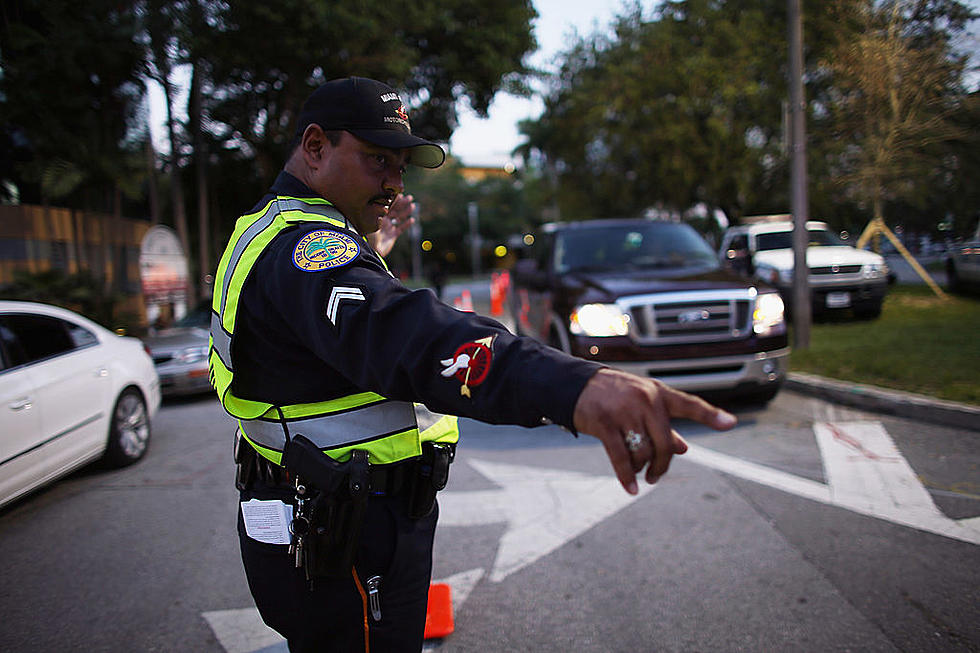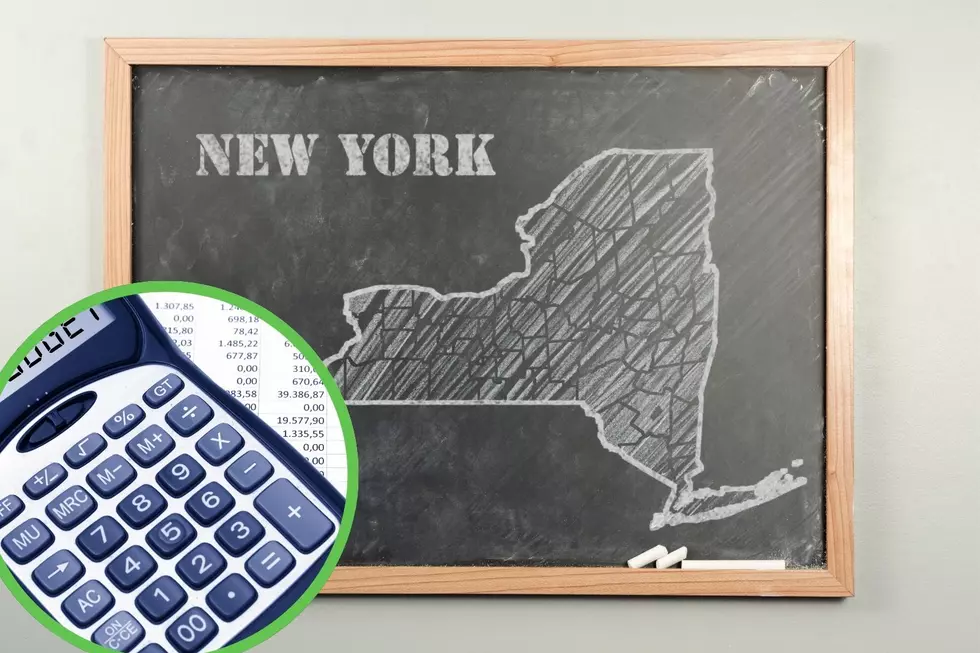
Are DUI Checkpoints Illegal In New York State?
With the arrival of the end of the year, people all over the nation will be gathering together to party and celebrate the start of a new year. With all those celebrations, there will, unfortunately, be some people who indulge in too much partying and decide to hit the road.
Impaired driving is a serious problem all over the United States, New York included, and police departments far and wide are trying to do something about it.
According to the New York State Police, more than 30% of the fatal crashes are alcohol-related. In addition to that, there are some drunk driving-related injuries every 2 minutes in New York.
About three in every ten Americans will be involved in an alcohol-related crash at some time in their lives.
-New York State Police
One of the steps that police departments take to try and curtail drunk driving is operating DWI/DUI checkpoints at various points all around the area. With New Year's approaching, there are sure to be several happening all over New York.
When the checkpoints do pop up, the same question always seems to come around: are impaired driving checkpoints legal?
Is It Legal For Police To Conduct DUI Checkpoints?
Police agencies everywhere find impaired driving checkpoints an effective way to find people who are driving under the influence of alcohol or intoxicating substances. However, no matter how effective they are, are agencies legally able to use them in the Empire State?
According to LoTempio PC Law Group, while New York State law doesn't specifically say the checkpoints are legal or illegal, the U.S. Supreme Court issued a court decision in 1990 that sobriety checkpoints are legal.
The court said reducing the number of drunken drivers outweighs law enforcement’s intrusion into people’s lives. Chief Justice William Rehnquist wrote in the court’s 1990 decision that checkpoints are “consistent with the Fourth Amendment.”
-LoTempio PC Law Group
While the Supreme Court has said they are legal, there are some steps or rules that need to be followed by police agencies to ensure that the sobriety checkpoint does not violate a person's rights.
According to Tilem & Associates, PC sobriety checkpoints are valid and legal so long as these rules are adhered to:
- The public is notified in advance that there will be a checkpoint posted and a reason
- The checkpoint should not be intrusive to driver to an “impermissible degree”
- There should be fair and adequate warning that a checkpoint is upcoming, such as by using signs and warning lights
- The police cannot keep a driver at a checkpoint for a period of time that is unreasonably long
- Police must use a random and pre-set formula for choosing which cars to stop
- A supervisor for the law enforcement officials should be present at the checkpoint to oversee the stops.
If these steps are taken, then the checkpoints can happen. Regardless of how you feel about them, they are somewhat effective at stopping drunk and impaired driving.
New York State's 10 Drunkest Counties
Gallery Credit: Matty Jeff
New Laws That Start In 2024 In New York State
Gallery Credit: Dave Fields
Ridiculous Laws in New York State
Gallery Credit: Dan McGuire

